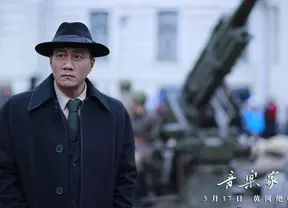
Roundup: Japan's PM prioritizes utilizing rural economies, women to bolster economy
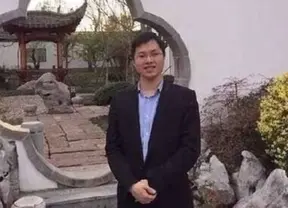
Tokyo's downtown multicultural Roppongi district was the center of some heated scenes and clashes Tuesday between an increasingly vociferous ultra-nationalist group whose hate speeches against non-Japanese, particularly Korean, but also Chinese residents in Japan have been increasing in frequency and venom of late, antiracist citizens groups and the police.
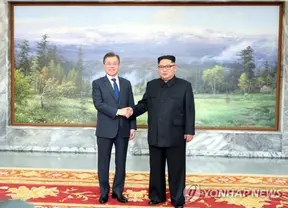
The Bank of Japan (BOJ), the country's central bank, should take moves to soften potential negative impacts of the government's planned next round of sales tax hike, a senior official of the Organization for Economic Cooperation and Development (OECD) urged Monday.
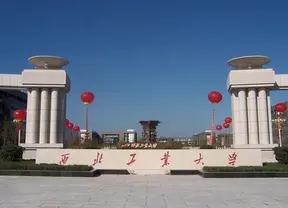
The siren that howls over northeast China's Shenyang city each year on Sept. 18 is a solemn reminder of a shameful time decades ago, when the country backed down in the face of invasion.
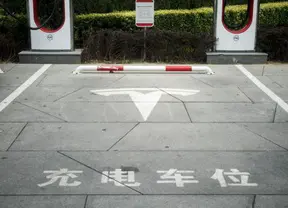
Senior diplomats from South Korea and Japan will hold talks about the imperialistic Japan's sexual enslavement of Korean women during World War II, South Korea's foreign ministry said Thursday.
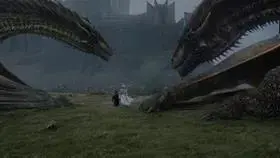
The Japanese government is mulling to further impose sanctions against Russia on current turbulence in Ukraine, local media reported Thursday, citing government officials as saying.

Japanese Prime Minister Shinzo Abe on Wednesday carried out cabinet reshuffle for the first time since the previous one was launched in December 2012 and prioritized the subject of revitalizing Japan's economy.

Japan's Prime Minister Shinzo Abe on Wednesday reshuffled his Cabinet for the first time since retaking the nation's helm in December 2012 and ushered in no less than twelve new faces, including five female ministers in his new-look 18-member lineup.
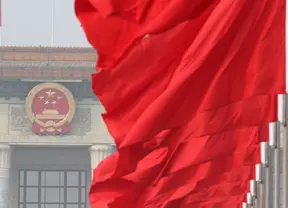
Since Japanese Prime Minister Shinzo Abe took office and launched his cabinet in December 2012, his lineup has remained unchanged for about 20 months, creating a record for a postwar prime minister.
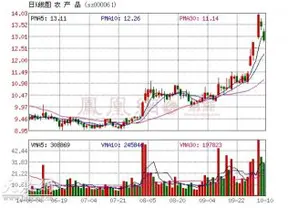
China, Japan and the Republic of Korea (ROK) started the fifth round of Free Trade Agreement (FTA) negotiations in Beijing on Monday.
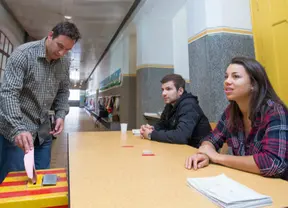
Japanese Prime Minister Shinzo Abe and his Indian counterpart Narendra Modi held summit talks here Monday, and the two leaders decided to boost bilateral strategic ties and double Japan's investment in India within five years.

Japanese Prime Minister Shinzo Abe and his Indian counterpart Narendra Modi held summit talks here Monday, which traversed a number of issues ranging from increasing investment ties, jointly developing clean technologies and continuing delicate discussions on a civil nuclear deal.
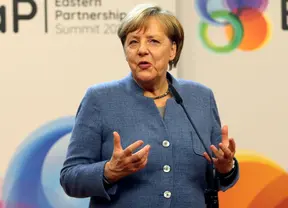
Japan's Upper House lawmaker Antonio Inoki arrived here in Pyongyang on Thursday with a delegation of professional wrestlers and started making final preparations for the Aug. 30-31 international wrestling contest.
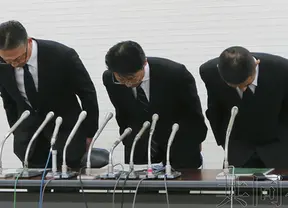
Chinese Foreign Ministry spokesperson Qin Gang on Wednesday mid-night urged the Japanese side to take tangible actions to remove obstacles to bilateral relations.
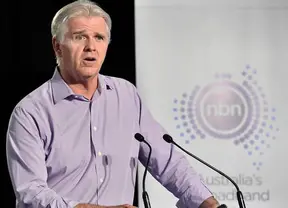
Japanese Prime Minister Shinzo Abe sent a support message to a ceremony honoring Class-A and other war criminals, hailing them as "foundation of Japan," local media reported Wednesday.

South Korea and Japan are likely to hold a vice ministerial-level strategic dialogue in the foreseeable future, which had yet to be held under the Park Geun- hye government, Yonhap News Agency reported citing government officials.
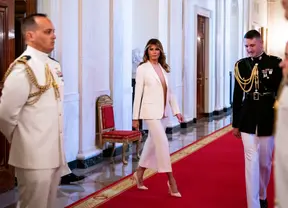
News Analysis: U.S. troops advised no to visit Japanese wartime shrine